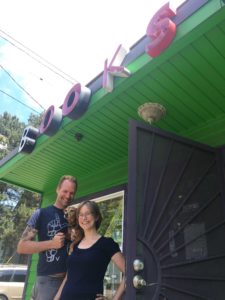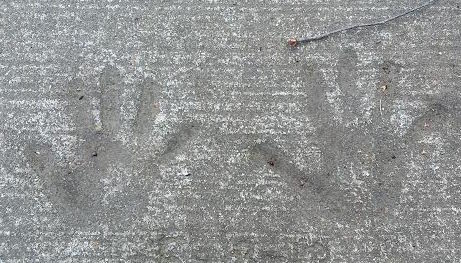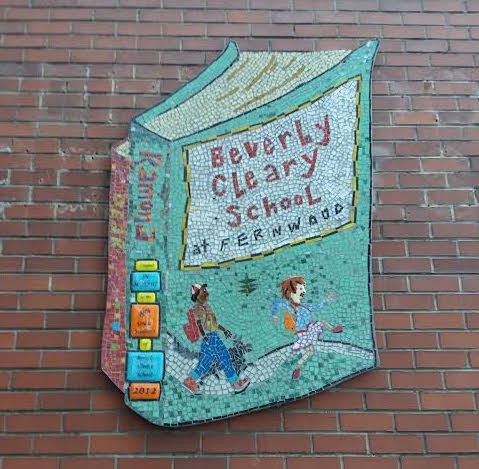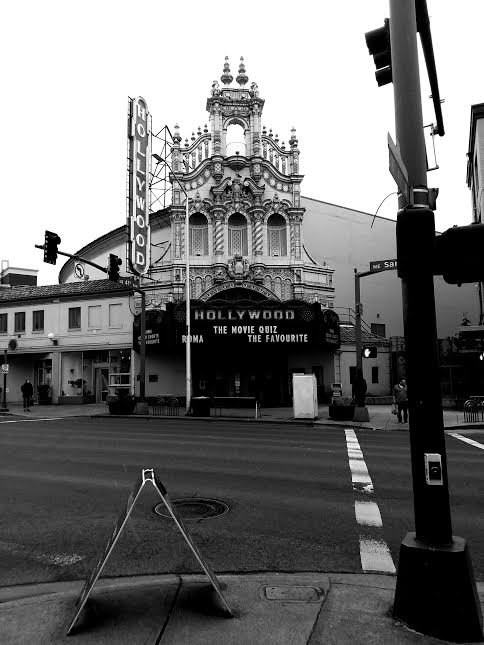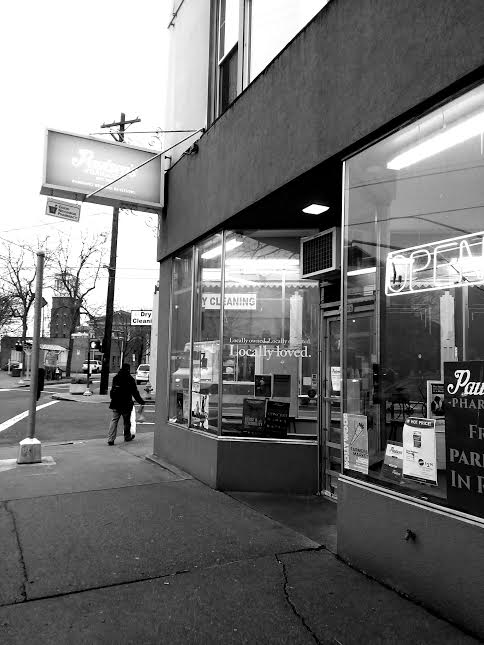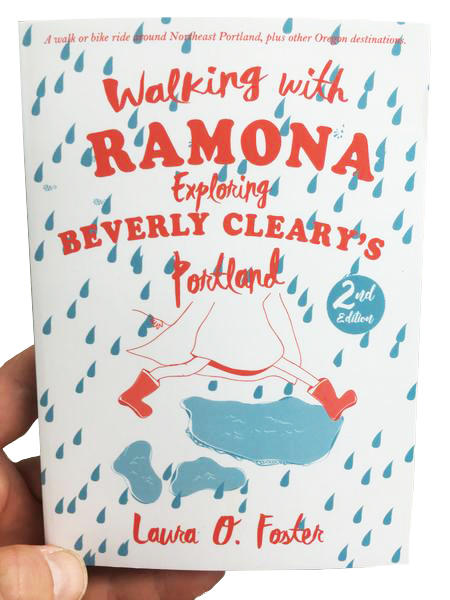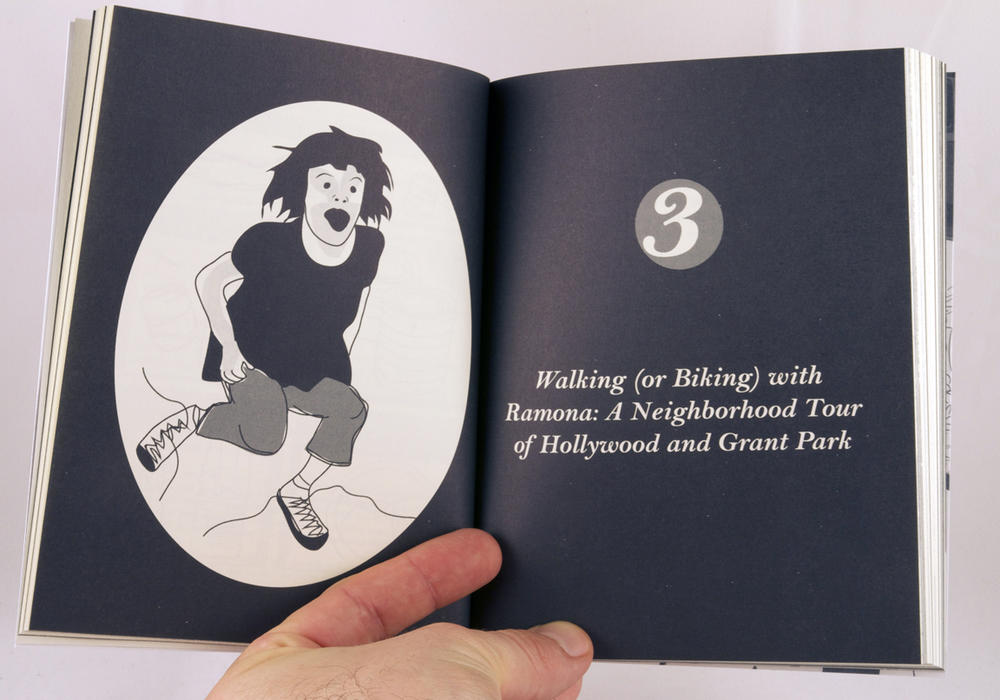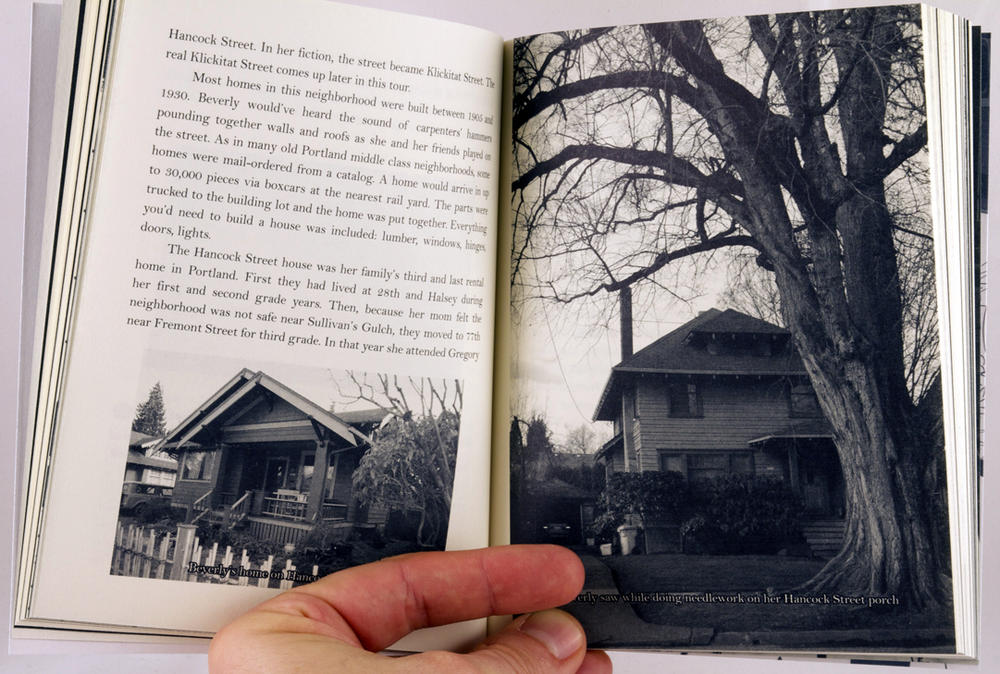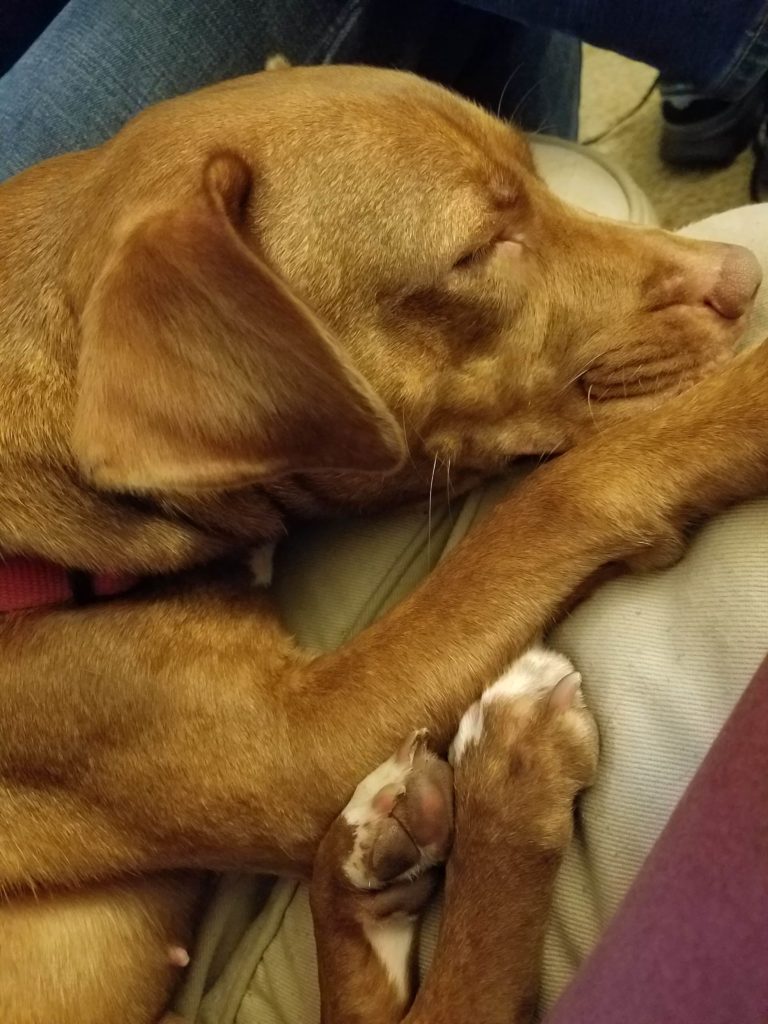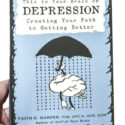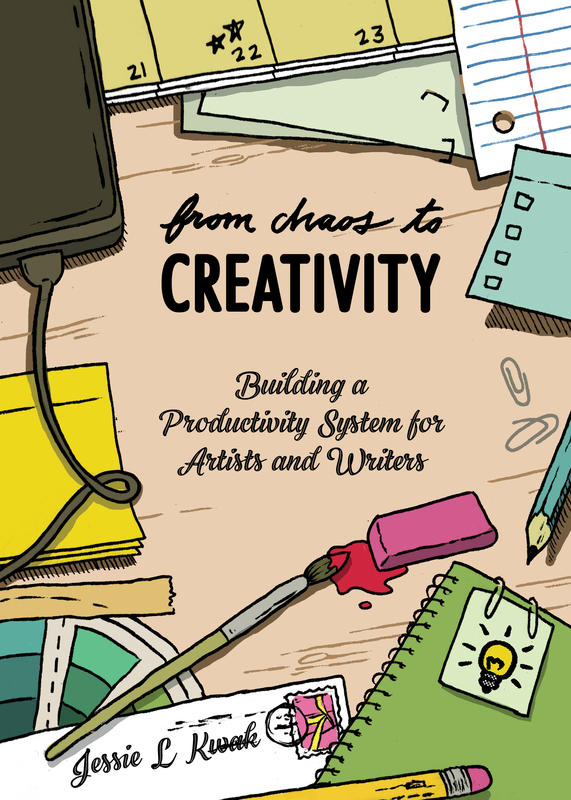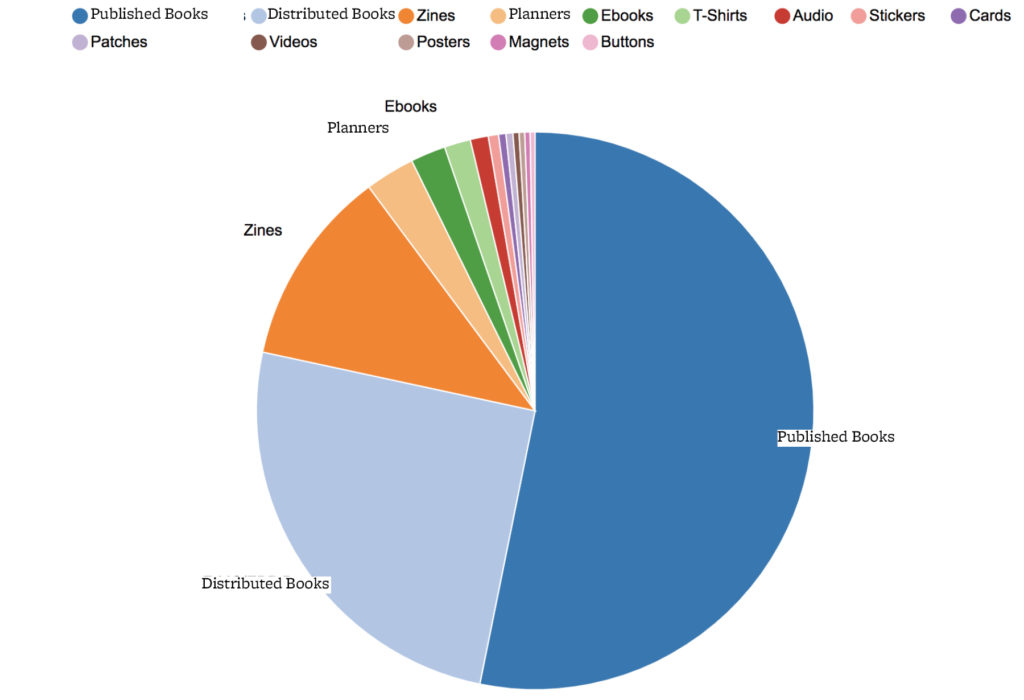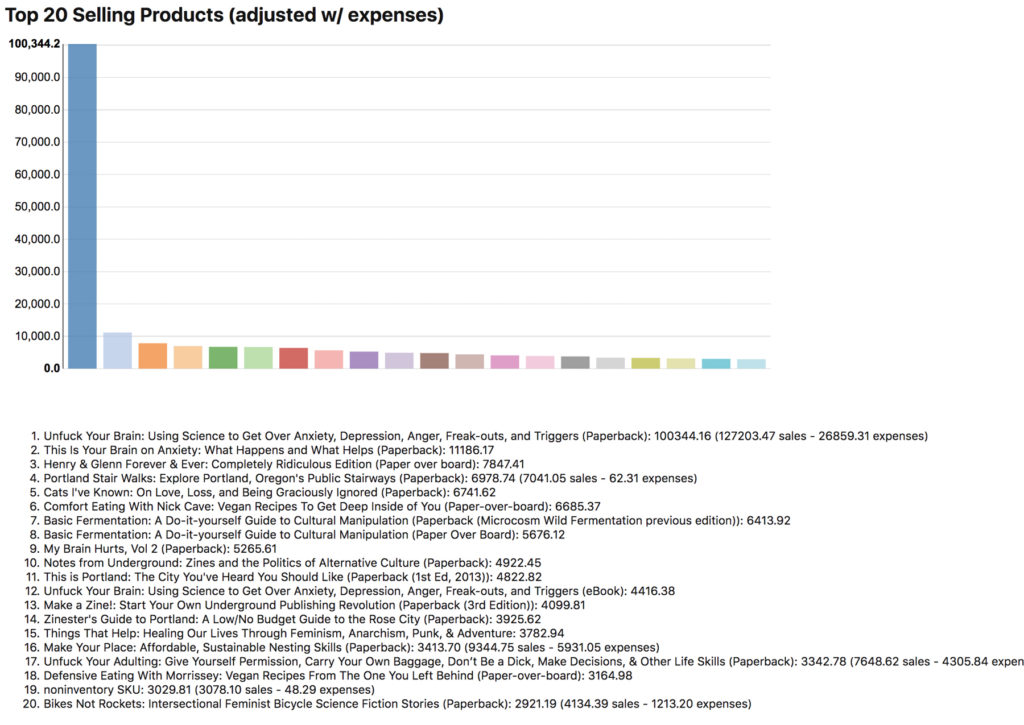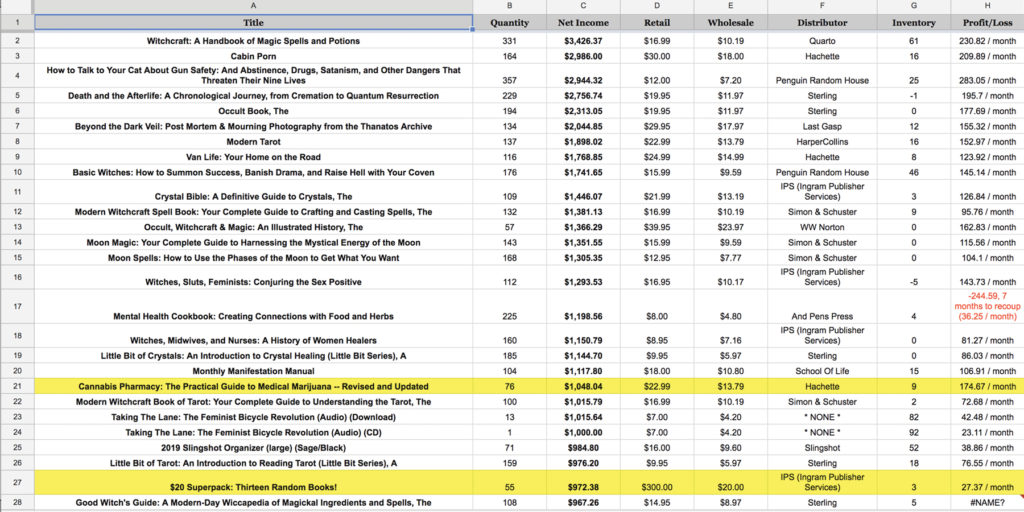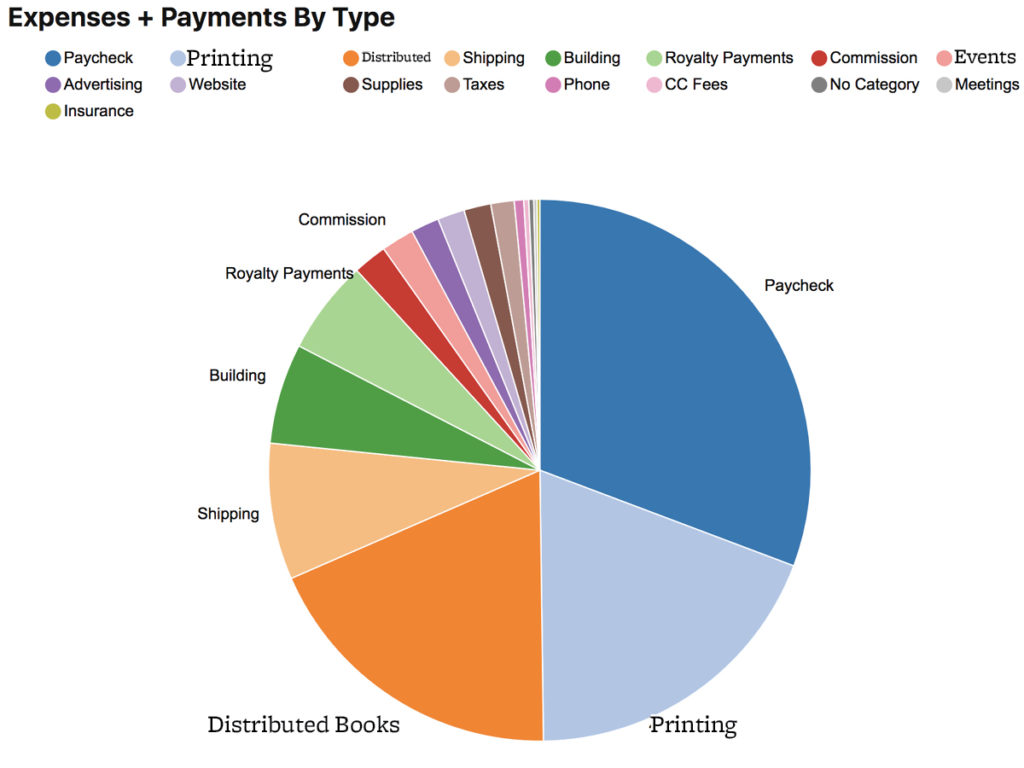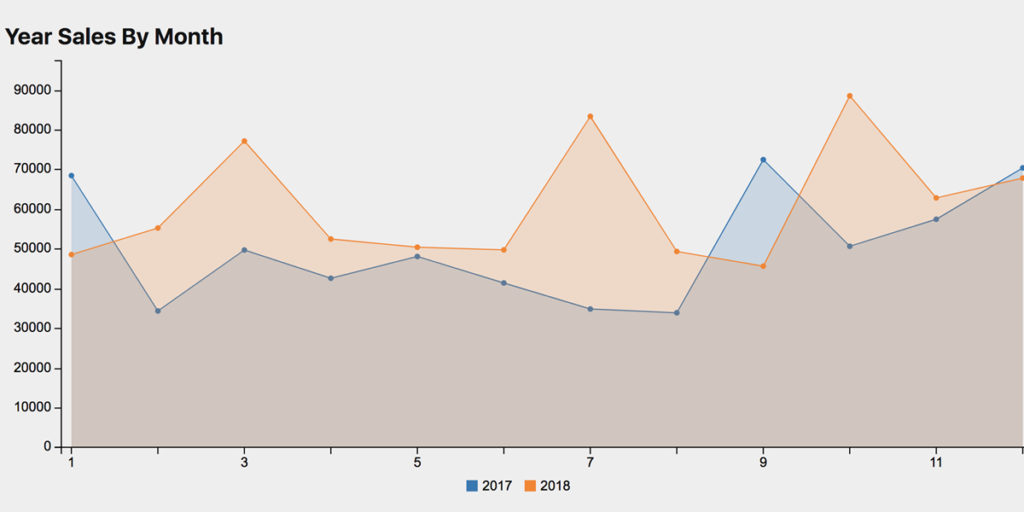
Adventures in Bike-sitting
It’s our year of adventure, and we’re thinking about how everyday activities are really adventures in disguise.
Which activity do we forget about the most?
Bicycling.
We probably forget about it because we’ve written about it a lot.
Like, a lot, a lot.
But most of us here have gone through the excited, nervous fear of finding a bike, the thrill of taking it out onto the streets for a ride, the spidey-sense tingle when something threatens to go bad, and eventually, having to fix it when it’s broken.
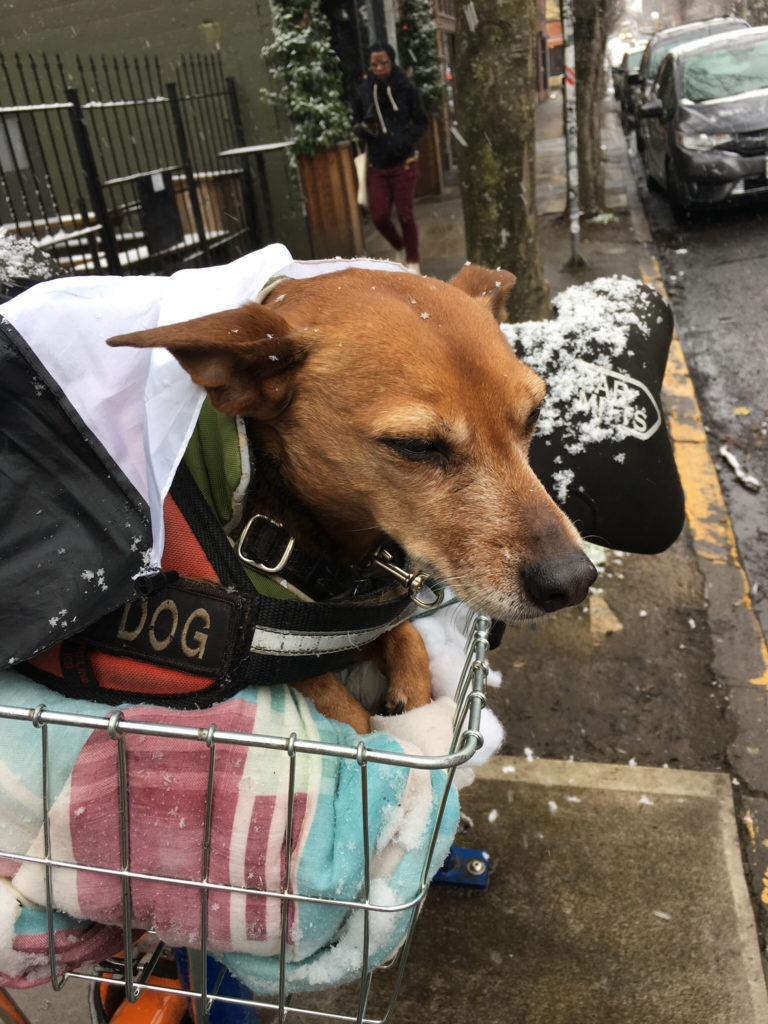
On the way home from work recently, a car parked directly underneath a “no parking” sign in front of a bus stop. A tow truck was sent to retrieve it…during rush hour. The parked car blocking the bus lane meant that the bus had to use one of the lanes for cars getting off the freeway. The street was one way so the tow truck was in the middle of an intersection, blocking the light rail. As the traffic light changed, no traffic could move. Even on a “good” day cars in this intersection move at a miserable crawl and run the lights to prevent ten more minutes of compounding traffic delays.
— Joe
I imagined how infuriating it would to be trapped inside one of those cars sitting in traffic as the actions of one inconsiderate person inconvenienced hundreds of commuters.
With wide eyes, I took a mental picture of everything that was happening in front of me, picked up my bike onto the sidewalk and proceeded through the intersection as dozens of cars sat unable to move. It felt like the one perfect moment that made my entire life make sense.
When you have a bicycle, it’s kind of like pet sitting.
Sure, you can just leave it in a corner and ignore its needs, but it’s not going to do you any favors. You can turn the adventure intensity up to ten and ride it till the tires are bald, the chain is covered in gunk, and the brakes squeal, the ride getting a little tougher every time something goes further un-repaired.
It gets harder to pedal, to change gears, to stop, to keep control. Who knows when you’ll have to carry it home- mystery can be adventurous too.
You can do just the basics, sure: pump up the tires when you can tell they’re low, change the brakes when they’re bare…
But if you’re not actually taking care of it, it won’t stay healthy. Eventually, you’re going to lose that bike to the unaddressed damage.
What do you do instead? Get shit done! Like any responsibility, having a bike requires some work and upkeep.
What has many a microcosmonaut done when approached with this issue?
Enter…
THE CHAINBREAKER BIKE BOOK
An Illustrated Manual of Radical Bicycle Maintenance, Culture, & History
by Shelley Lynn Jackson and Ethan Clark
This updated and expanded edition is fresh off the presses, and did I mention it’s shiny? I’m kind of obsessed with that part, especially when contrasted with the very simple, kind of dark original.
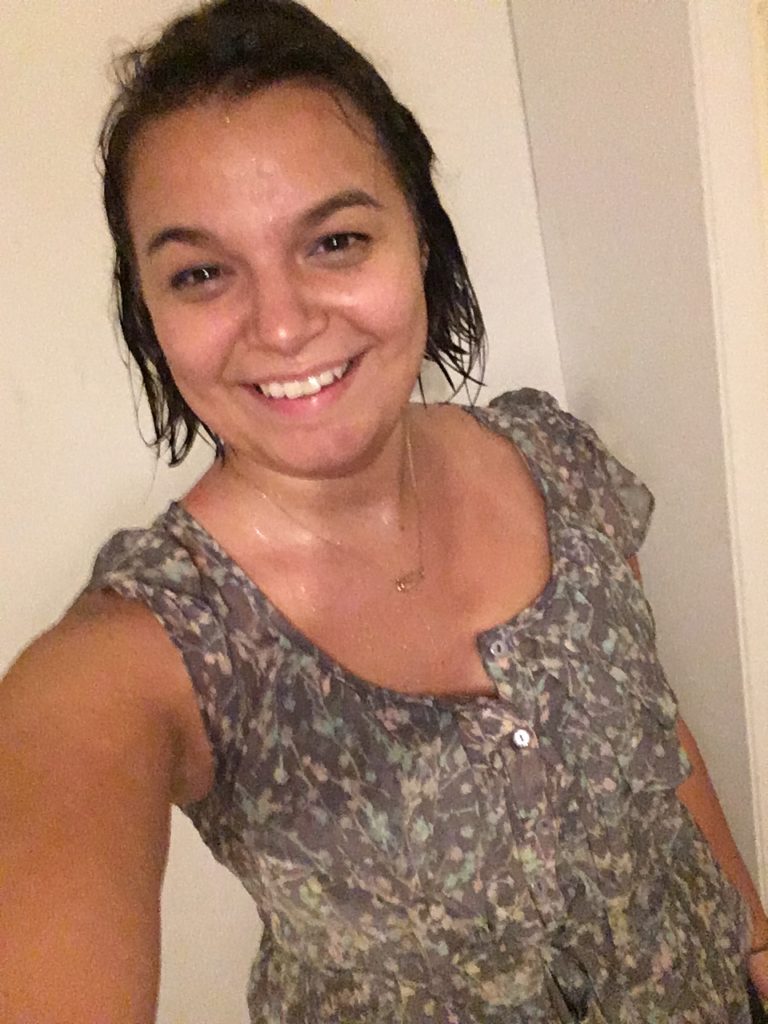
My all time favorite biking adventure happened in Chicago. June humidity suffocated me as I was riding home on the Chicago Lakefront Trail. I was anticipating my boyfriend’s (now fiance) parents would be there waiting. It was a nervous summer already but that day was particularly nerve-wracking. I was biking at break neck speed to slay a dragon (sorry future mother in law) and all of sudden the sky opened up and I was drenched in super sunshine showers. Truly soaked through- not even a hoodie to block me from the rain, I just had to revel in it. I showed up to the family affair sopping but washed clean of nerves- biked my way right to where I needed to be I guess.
— Sidnee
I was just in Boulder, visiting an old pal. Judy is a bike-lover (we both have the same folding Dahon for urban commuting) and her partner is too. She’s got a new street cruiser, a gorgeous mountain bike, six bikes total, and Boulder has trails, trails, trails. We were only there 3 days and we ended up never getting out to ride. Dammit! Story of my life.
— Kristine
The last time I rode a bike purely for the fun of it I was in middle school. Me and a handful of friends would bike through the woods into neighboring towns and explore empty trailers or creek tunnels. It was a great way to escape for a while.
Trista
COOL HELPFUL THINGS IN THIS BOOK INCLUDE:
- Types of bikes. It’s easy to mistake a cruiser for a fixie, a dirt bike for a street bike. And most of the time, the differences only matter when you’re looking to ride it. Then it’s a good idea to know what kind of bike you have, and how it works.
- Changing brakes. One of the most seemingly simple tasks, that requires just a bit more paying attention to than we often expect.
I can not describe to you how useful these [Chainbreaker] pages were when my partner’s cheap Target bike’s brakes just straight up did not work, and neither of us had any kind of clue how to replace them. And the internet was not the best at clarifying the different types of brakes and the different parts involved. This book, on the other hand, actually did the trick.
— Cyn
- The differences in tire tubes and how to replace them. Changing tires or wheels in any way has been one of the most obnoxious basic tasks I’ve ever had to do with a bike (ugh especially in the back). Most of the particularly obnoxious bike tasks are the more complex ones, or the long tedious ones like truing (also helpfully included!)), but many a finger has suffered the pains involved with taking a wheel off it’s axle, fighting with to get the rubber wheel off to get to the tubing inside, then figuring out how to get it out, the new one in, and put it all back together again — aagh!
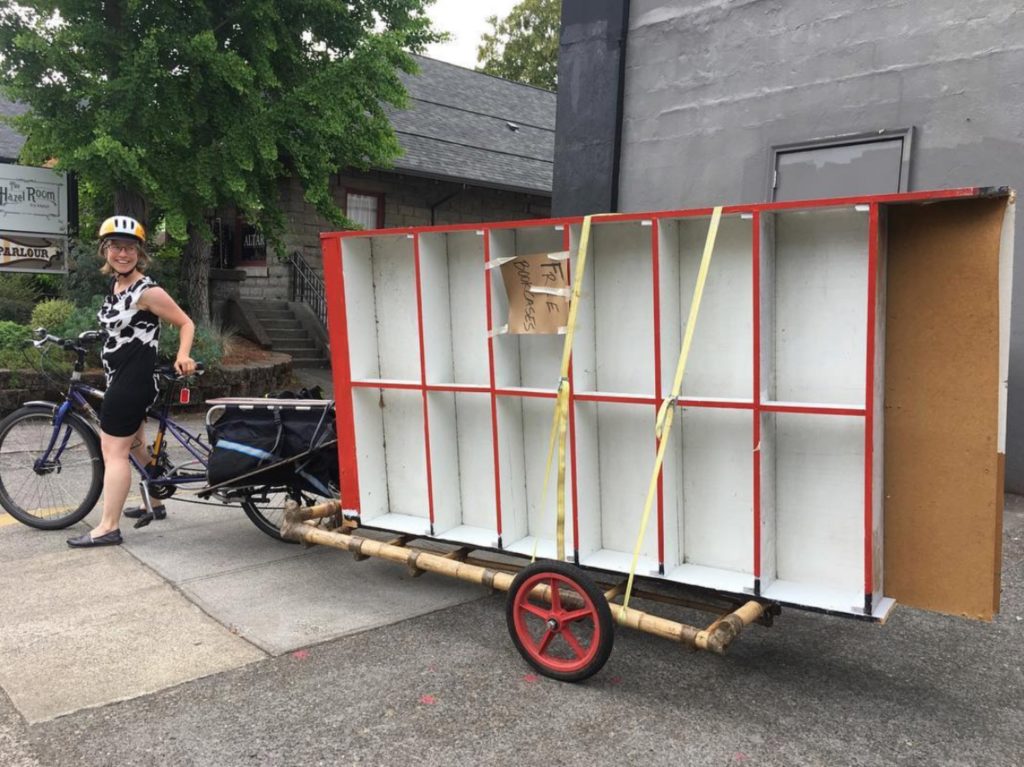
For the second half of last year while we were planning our bookstore expansion, every bike commute or errand, no matter how mundane, was actually a foraging adventure. Eyes sharp for discarded furniture or boards, I’d stop and assess anything by the side of the road to see what it was made of and what dimensions it had. If it was what we needed, I’d figure out how to strap it onto my bike, or come back with a trailer, load it up (sometimes with the help of bemused bystanders), and haul it slowly and shakily home for Joe to disassemble and turn into custom shelving for our open warehouse. Every time I walk past these shelves I grin.
— Elly
- Adding shit to your bike. Do you want to haul heavy loads, or attach buckets to your bike for easy grocery shopping? Want custom handlebars or DIY accessories? Between the hardware information throughout Chainbreaker and the zine reprints in the back with even more info on add-ons, attachments, and DIY instructions, it’s got you covered.
- SO MUCH MORE, like…
- Dealing with shops, inclusivity, and safety
- Converting to or from one-speeds
- Bearing systems
- Locking your bike up
- Safety checks
- and beyond.
Have you used Chainbreaker to fix something frustrating on your bicycle?
What bike adventures are you looking forward to this year?
